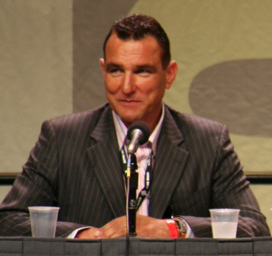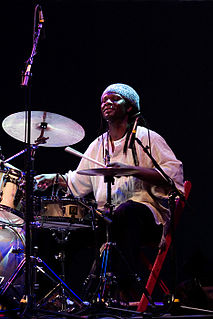A Quote by Clay Shirky
When we change the way we communicate, we change society.
Quote Topics
Related Quotes
You see, I know change
I see change
I embody change
All we do is change
Yeah, I know change
We are born to change
We sometimes regard it as a metaphor
That reflects the way things ought to be
In fact change takes time
It exceeds expectations
It requires both now and then
See, although the players change
The song remains the same
And the truth is...
You gotta have the balls to change
If you think about Cisco's offerings like TelePresence, where it's an immersive way to communicate for businesses to connect and have conversations in a real-time immersive mode, how that will change health care, how that'll change retail business, how that'll change actually travel. There's lots of changes that we will see going forward.
Books are special, books are the way we talk to generations that have not turned up yet. The fact that we can actually, essentially communicate with the people in ancient Egypt, people in Rome and Greece, people in ancient Britain, people in New York in the 1920s who can communicate to us and change the way we think, and change the things that we believe. I think that books are special. Books are sacred. And I think that when you are selling books, you have to remember that in all the profits and loss, in all of that, you are treading on sacred ground.
Every now and then, a technology comes along that is so profound, so powerful, so universal, that its impact will change everything. It will transform every institution in the world. It will create winners and losers, will change the way we do business, the way we teach our children, communicate and interact as individuals.






































